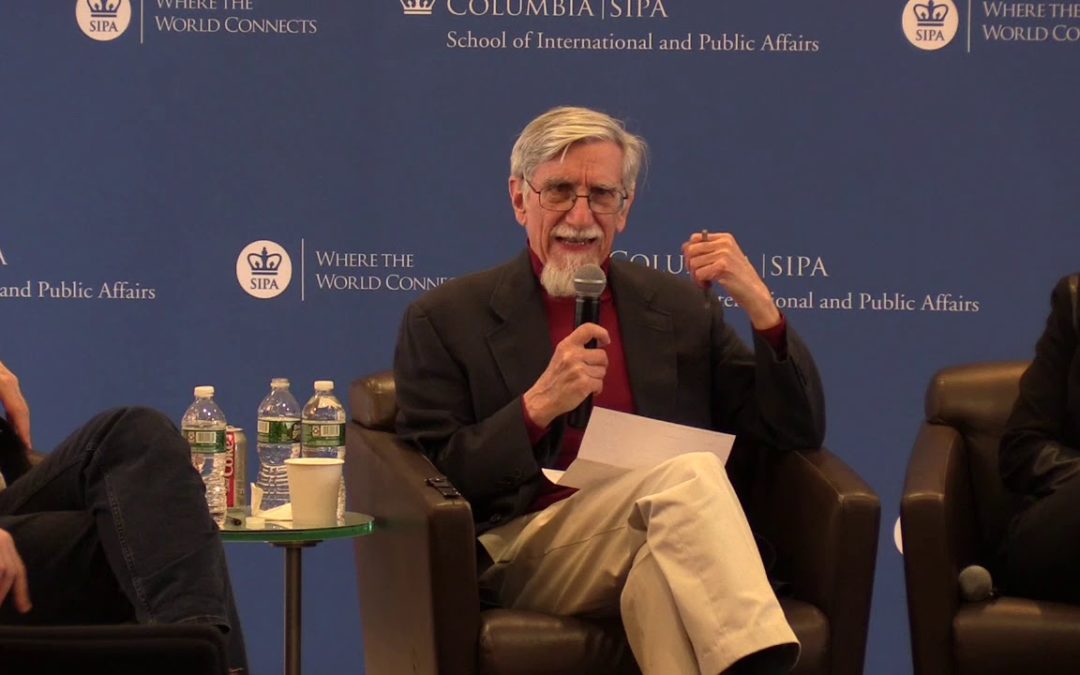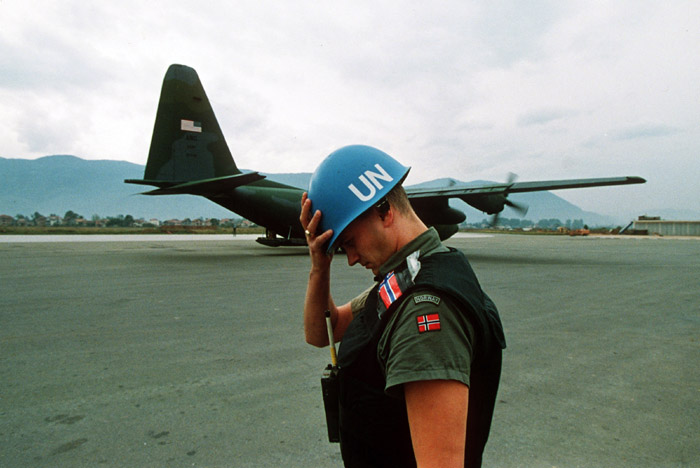As many of our readers have likely already heard, Robert Jervis died yesterday. The field has lost a gentle intellectual giant. Unlike many of my friends from Columbia, Bob wasn't on my dissertation committee; I only took one course from him. But I'll remember him as...




